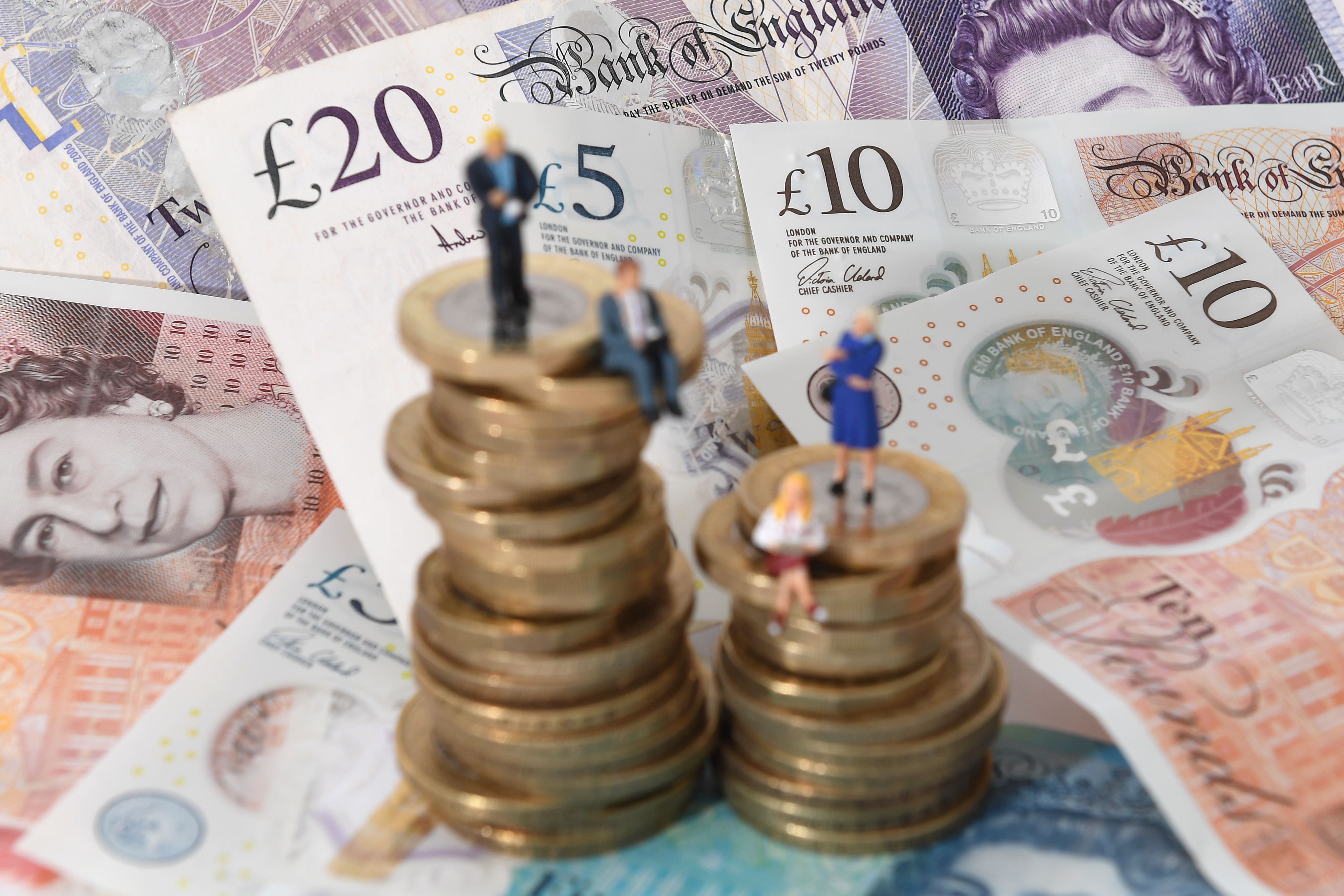Increasing capital gains tax will not push investors out of UK, says think tank
Millionaire businessman Graham Hobson said the argument raising capital gains tax would deter entrepreneurs was ‘a myth’.

Your support helps us to tell the story
From reproductive rights to climate change to Big Tech, The Independent is on the ground when the story is developing. Whether it's investigating the financials of Elon Musk's pro-Trump PAC or producing our latest documentary, 'The A Word', which shines a light on the American women fighting for reproductive rights, we know how important it is to parse out the facts from the messaging.
At such a critical moment in US history, we need reporters on the ground. Your donation allows us to keep sending journalists to speak to both sides of the story.
The Independent is trusted by Americans across the entire political spectrum. And unlike many other quality news outlets, we choose not to lock Americans out of our reporting and analysis with paywalls. We believe quality journalism should be available to everyone, paid for by those who can afford it.
Your support makes all the difference.Raising capital gains tax would not stop entrepreneurs investing in the UK, a think tank has said as speculation about the Government’s first Budget continues.
Increasing capital gains tax has been suggested as one of the tax-raising measures Rachel Reeves could be considering as she tries to cover a £40 billion funding gap and avoid a return to austerity on October 30.
The tax could rise by “several percentage points” beyond its current rate at 20%, the Times newspaper has reported.
Some businessmen, such as BrewDog founder James Watt, have warned such a move would prompt entrepreneurs to leave the UK.
But in a report published on Thursday, the Institute for Public Policy Research (IPPR) said interviews with millionaires suggested most would not be put off investing by a rise in capital gains tax.
These include investor Julia Davies, who said she had “never let tax rates dictate my decisions to fund innovation or pursue opportunities”, and Photobox founder Graham Hobson, who said the suggestion it would discourage investment was “simply a myth”.
Mr Hobson said: “Capital gains tax was equal to income tax when I set up Photobox. It didn’t stop me from starting and growing a successful business.”
Both Ms Davies and Mr Hobson belong to campaign group Patriotic Millionaires, which argues for people with “extreme wealth” to “contribute more” and worked with IPPR to compile Thursday’s report.
IPPR argued that investors were more concerned with access to financing, market opportunities and broader economic conditions than the rate of capital gains tax, which only becomes relevant when they come to sell their business.
The think tank added that the majority of capital investments in the UK came from institutional investors that were largely exempt from capital gains tax.
Pranesh Narayanan, the author of IPPR’s report, said: “The recent fearmongering from some that increasing capital gains tax will take the economy back to the stone ages is pure hyperbole.
“It was famously pro-growth Conservative chancellor Nigel Lawson who equalised capital gains tax with income tax rates in the first place.”
IPPR argued bringing the tax into line with income tax would raise £14 billion, but the Prime Minister has already ruled out such a move, saying reports were “pretty wide of the mark”.
The rate of capital gains tax was equal to income tax between 1988 and 2008, when Labour’s Alistair Darling cut the levy to 18% for all taxpayers.
Further changes followed, with different rates now applying for different assets and different income tax bands.
According to the Times, raising the levy could generate a revenue in the “low billions” but the Chancellor will not touch capital gains tax on second homes or buy-to-let properties for fear increasing it would cost money.